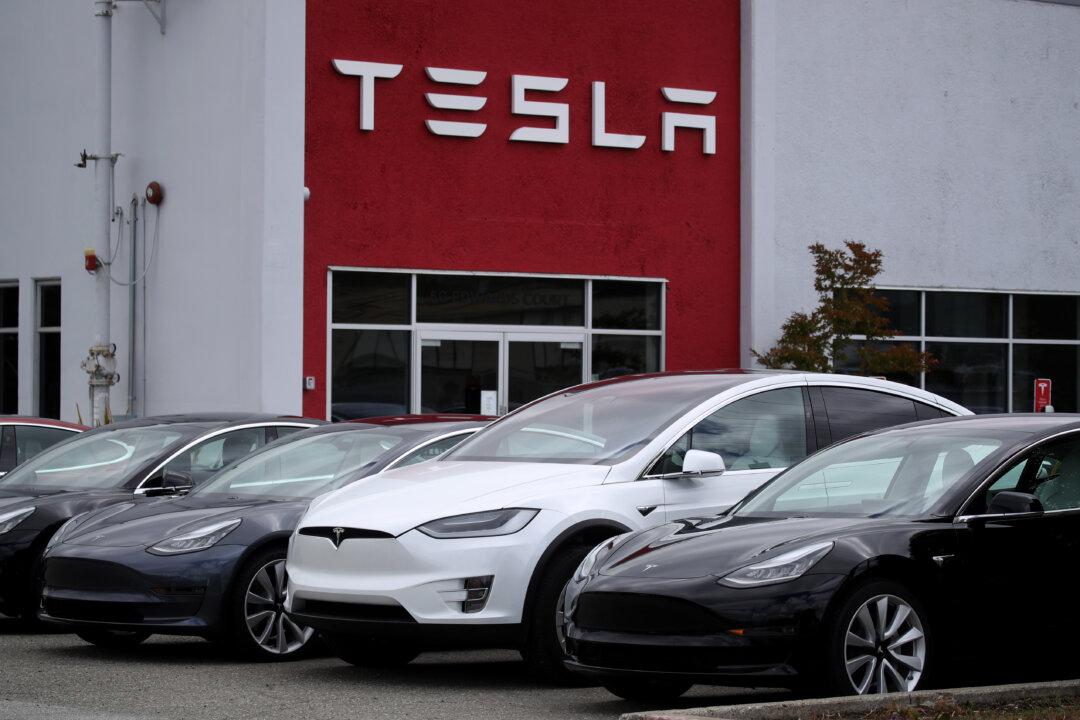Electric vehicle maker Tesla is establishing its global engineering headquarters in California, CEO Elon Musk announced on Feb. 22.
In a joint press conference with California governor Gavin Newsom, Musk said the new engineering headquarters will be at the former offices of Hewlett-Packard in Palo Alto.




